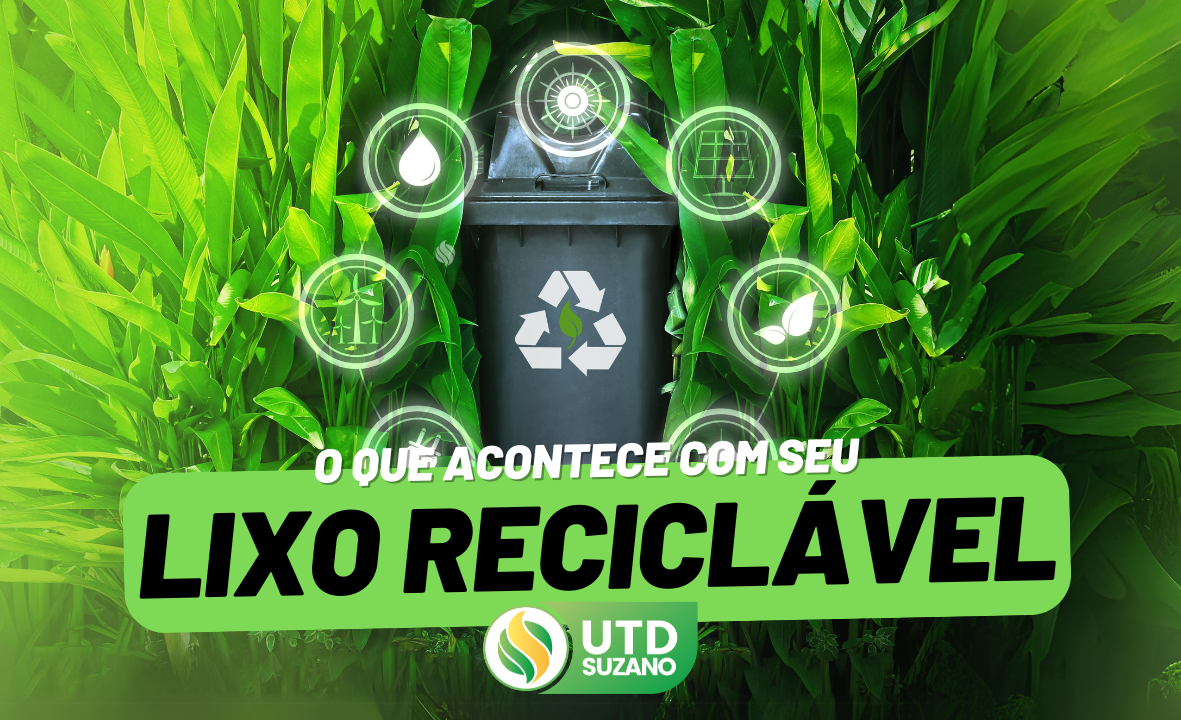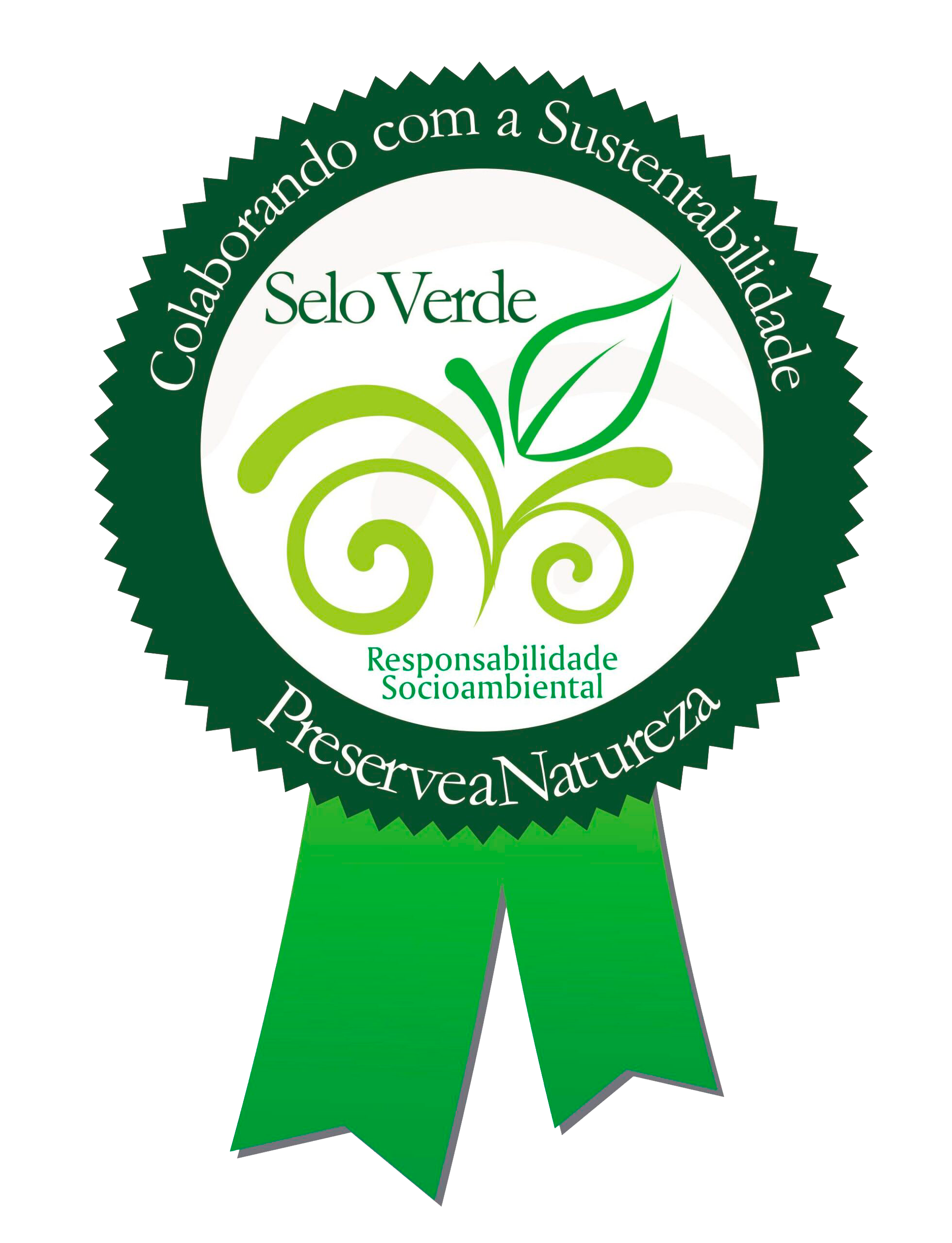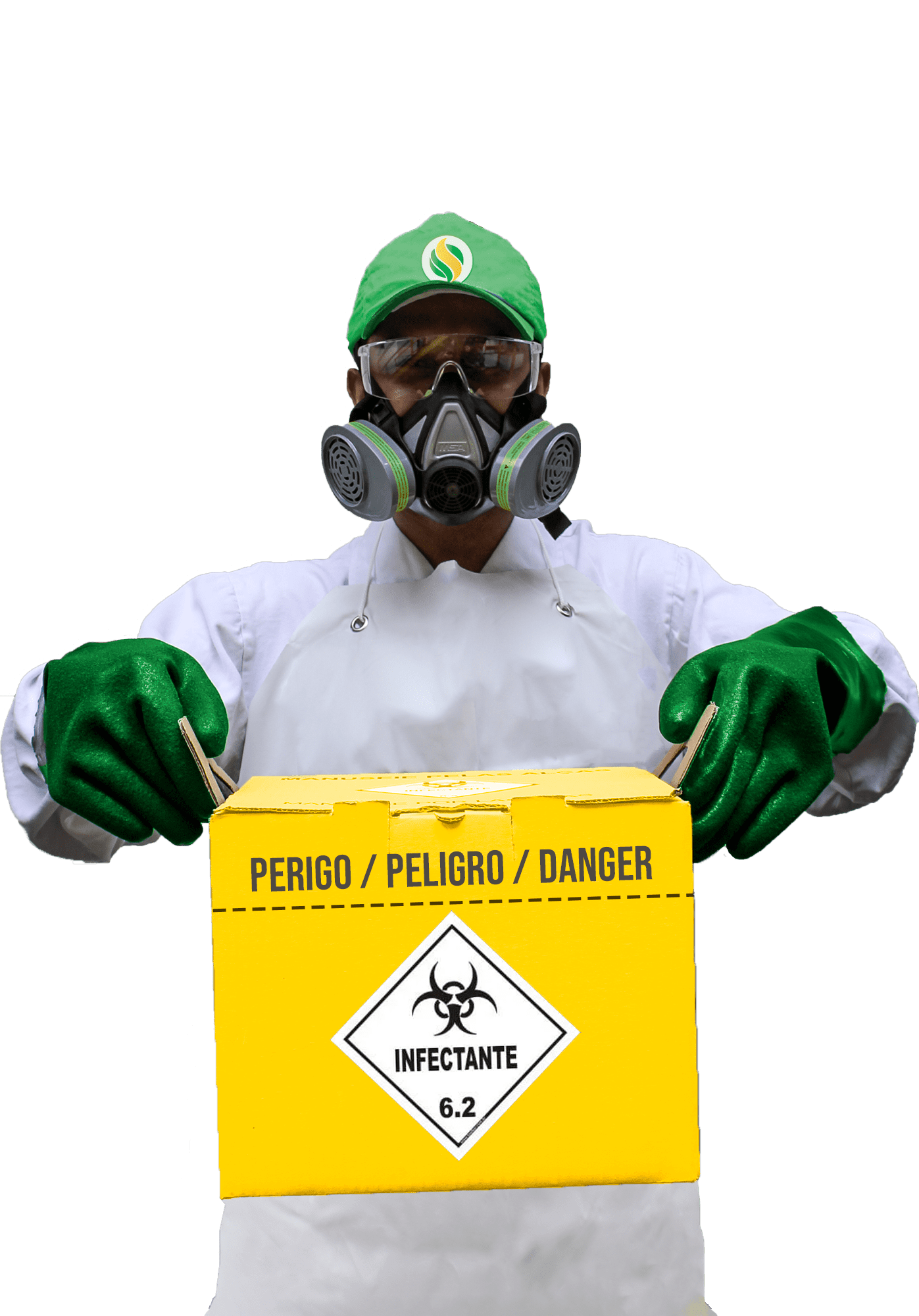When you separate your recyclable waste at home, it is collected by recycling trucks and taken to a sorting center. There, the materials are categorized by type: paper, plastic, glass, metal, etc.
At the sorting centers, recyclable waste passes along conveyor belts where it is separated manually and by machines. The materials must be clean, as contaminants can negatively impact the recycling process and the quality of the new products.
After sorting, each type of material is sent to a specific recycling facility:
- Plastic: Can be shredded, washed, and turned into small granules that can be molded into new products such as bottles and packaging.
- Paper: Typically, it is pulped and mixed with water to form a slurry. This pulp is cleaned, bleached, and transformed into new paper products.
- Glass: Crushed, melted, and molded into new bottles and jars. Glass can be recycled infinitely without losing quality.
- Metal: Melted and refined to remove impurities. The recycled metal is then used to manufacture new products, such as cans and automotive parts.
- Wood: Recycled wood can be chipped for composting, and repurposed for furniture manufacturing, and other products.
- Organic: Organic waste, such as food scraps and garden waste, can be composted to create natural fertilizer.
- Non-recyclable: Non-recyclable materials are sent to landfills or incinerated for energy generation.
- Hazardous: Chemical products, batteries, and other hazardous waste are treated in specialized facilities to neutralize their toxic components before disposal.
- Radioactive: Radioactive waste is stored in sealed containers and transported to specialized facilities where it is isolated to prevent environmental contamination.
- Healthcare Waste: Healthcare waste, such as syringes, gloves, and expired medications, requires special treatment due to the risk of contamination and infection. These wastes undergo specific processes:
- Collection and Sorting: Collected in special containers and separated from regular waste.
- Disinfection and Treatment: Subjected to disinfection processes, such as autoclaving or incineration, to eliminate any biological risks.
- Final Disposal: After disinfection, the waste is safely disposed of in special sanitary landfills.

Benefits of Recycling
- Reduction of Landfill Waste: Recycling helps decrease the amount of waste sent to landfills.
- Conservation of Natural Resources: Recycling reduces the need to extract new materials from the earth.
- Energy Savings: Producing items from recycled materials consumes less energy than manufacturing from virgin raw materials.
- Pollution Reduction: Less energy consumption and reduced resource extraction result in fewer greenhouse gas emissions and less pollution.
5 Interesting Facts
- E-Waste is a Goldmine: Many electronic devices, such as phones and computers, contain small amounts of precious metals like gold, silver, and copper. Recycling these devices helps recover these valuable materials.
- Plastic Becomes Clothing: Some companies transform recycled plastic bottles into textile fibers, used to make clothing, backpacks, and even shoes.
- Paper Can Be Recycled Up to 7 Times: Recycled paper can undergo this process about seven times before the fibers degrade to the point they can no longer be used.
- Recycling Aluminum Saves 95% of Energy: Recycling aluminum, such as beverage cans, saves 95% of the energy required to produce new aluminum from bauxite.
- Glass Recycling Reduces Emissions: For every ton of glass recycled, about 315 kg of carbon dioxide emissions are avoided.
UTD Suzano is committed to the proper treatment of waste, from collection to final disposal. Our company consistently operates above regulatory requirements, ensuring that all processes adhere to the highest standards of safety and sustainability. Rely on UTD Suzano for the correct disposal of your waste, contributing to a cleaner and healthier environment. Trust our expertise and dedication to safeguarding what matters most: the future of our planet.











